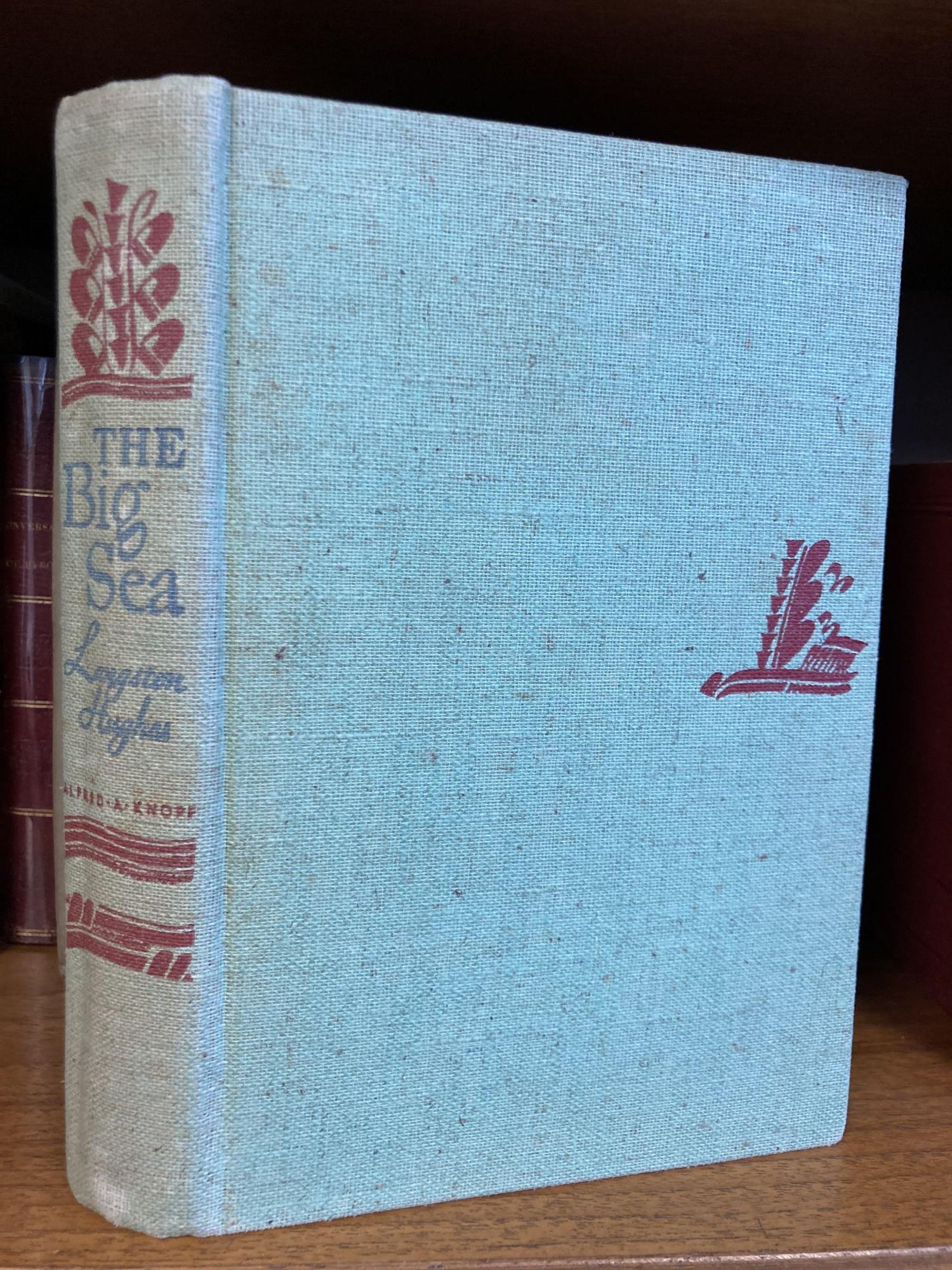
Hughes saw prejudice as all pervasive, present in everything from the “petty black bourgeoisie” to his father’s housekeeper, who had enjoyed eating “a delicious kind of white meat” with a Spanish name until she discovered that the name meant “eel”: “I didn’t mind” eating the fish, writes Hughes, “since I have no prejudice against eels.” His relative obscurity is not surprising, however, for his smooth writing and consistently effective sense of humor do not conceal a message that many continue to find unnerving. One might think that the author’s ability to write breezily about deeply rooted social and philosophical problems would win him a loyal readership, but since he died in 1967, Langston Hughes has not remained as prominent as other leaders who helped bring about fundamental changes in social ideals and institutions in America.


Langston Hughes: The Big Sea (Thunder’s Mouth: $8.95).


 0 kommentar(er)
0 kommentar(er)
